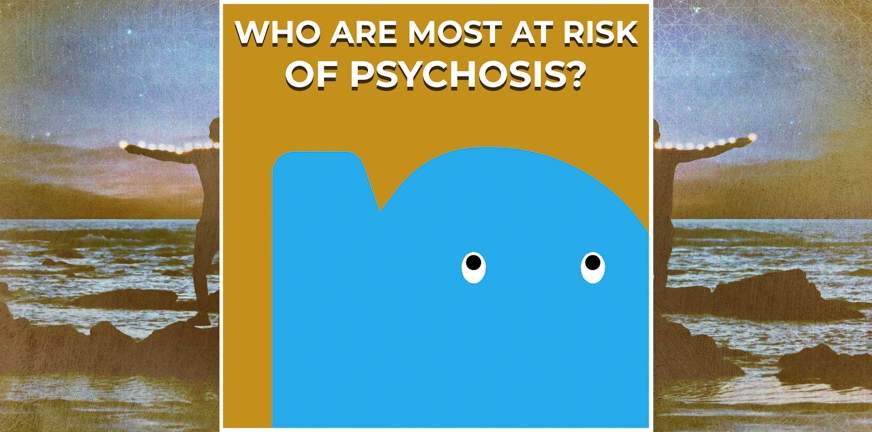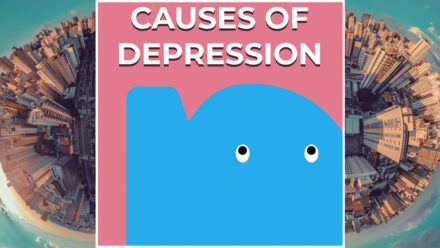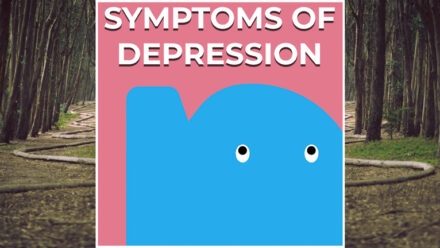
Especially young adults and teenagers are most at risk of psychosis and of developing psychotic symptoms. People affected are most often between the ages 14–30.
For men, psychosis begins on average three years earlier compared to women. Women more often have a combination of psychotic symptoms and mood changes, such as depression. Men tend to show more combinations of psychotic symptoms and changes in motivation and cognition.
Known risk factors for psychosis are trauma, drug use (especially at a young age) and belonging to a minority group. Other risk factors are genetic factors (but these play a more modest role than was previously thought), a complex urban environment and severe life events.
Some people’s normal ability to imagine and interpret reality turns into psychosis more quickly.
This has to do with someone’s vulnerability to psychosis (susceptibility), as well as their capability to deal with the symptoms (their degree of resilience). If you have a high degree of susceptibility and low resilience, you have to learn how to balance those two again. You can learn to recognise your sensitivities and risk factors and to compensate for them by using your resilience.




